Introduction to Bananas
What is a Banana?
Bananas are one of the most popular fruits worldwide. They are grown in over 135 countries, mainly in tropical and subtropical regions. Bananas belong to the Musa genus and come in many varieties, but the most common type you find in grocery stores is the Cavendish banana.
A Brief History of Bananas
The history of bananas is as rich as their flavor. Originating in Southeast Asia, especially in islands like Malaysia, Indonesia, and the Philippines, bananas have been cultivated for thousands of years. They came to Africa and the Middle East through early trade routes. European explorers introduced bananas to the Americas in the 15th and 16th centuries, and they quickly became a common fruit in many diets.
Nutritional Profile of Bananas
Bananas are not only delicious but also packed with essential nutrients that support overall health. Whether you’re looking for energy-boosting snacks or aiming to add more nutrients to your diet, bananas become a fantastic choice.
Macronutrients: Carbs, Proteins, and Fats
- Carbohydrates: Bananas are primarily composed of carbohydrates, which make up about 90% of their calorie content. A medium-sized banana (about 118 grams) contains approximately 27 grams of carbs. Most of these carbs come from natural sugars like glucose, fructose, and sucrose, which provide a quick and sustained energy boost.
- Proteins: While bananas are not a significant source of protein, they still contain a small amount. A medium banana offers around 1.3 grams of protein, making it a small addition to your daily intake.
- Fats: Bananas are almost fat-free, containing less than 0.5 grams of fat per medium-sized banana. This makes them an excellent choice for low-fat diets.
Vitamins and Minerals in Bananas
Bananas are rich in vitamins and minerals that offer various health benefits:
- Vitamin C: A medium banana provides about 10% of the daily recommended intake of vitamin C. This essential vitamin supports immune function and acts as a powerful antioxidant.
- Vitamin B6: Bananas are an excellent source of vitamin B6, supplying roughly 25% of your daily needs. Vitamin B6 is crucial for brain health and helps in the production of serotonin and norepinephrine, which regulate mood.
- Potassium: One of the important nutrients in bananas is potassium. A medium banana contains around 422 milligrams of potassium, making it one of the top potassium-rich foods. Potassium is vital for maintaining healthy blood pressure and proper muscle function.
- Magnesium: Bananas provide about 8% of your daily magnesium requirements. Magnesium plays a key role in energy production, muscle contractions, and nerve function.
- Dietary Fiber: Each medium banana contains approximately 3 grams of dietary fiber, which aids in digestion and helps maintain a healthy gut.
Caloric Content of Bananas
A medium-sized banana contains about 105 calories. This makes bananas an energy-dense food, ideal for a quick snack, pre-workout boost, or a healthy addition to day-to-day meals.
Health Benefits of Bananas
Let’s delve into the numerous advantages of adding bananas to your diet:
General Health Benefits
- Rich in Nutrients: Bananas are packed with essential vitamins and minerals, including Vitamin C, Vitamin B6, Potassium, and Magnesium.
- Energizing: The natural sugars in bananas, including glucose, fructose, and sucrose, give you a quick energy boost, making them an excellent pre-workout snack.
- Hydration: Containing about 75% water, bananas help keep you hydrated.
Bananas for Digestive Health
- High in Fiber: Bananas are rich in dietary fiber, particularly pectin and resistant starch, which help regulate bowel movements and prevent constipation.
- Prebiotic Properties: The fiber in bananas acts as a prebiotic, encouraging the growth of healthy gut bacteria.
Boosting Heart Health with Bananas
- Potassium Powerhouse: High in potassium, bananas help balance sodium levels in the body, which can help in lowering blood pressure and reducing the risk of stroke.
- Antioxidants: Bananas contain antioxidants like dopamine and Vitamin C that fights oxidative stress, supporting overall heart health.
Bananas and Blood Sugar Control
- Low Glycemic Index: Despite their sweetness, bananas have a low to medium glycemic index, making them a suitable fruit for those monitoring their blood sugar levels.
- Stabilizing Effect: The fiber and resistant starch slow down the absorption of sugar, helping to stabilize blood sugar levels post-consumption.
Bananas for Specific Groups
Below are few benefits of bananas for specific group of people.
Benefits of Bananas for Pregnant Women
- Rich in Nutrients: Bananas are packed with essential vitamins and minerals like vitamin B6, vitamin C, and potassium, which are crucial for both the mother’s and the baby’s health.
- Eases Morning Sickness: Vitamin B6 in bananas can help reduce nausea and vomiting during early pregnancy.
- Promotes Fetal Development: Folate in bananas supports the development of the baby’s brain and spinal cord.
- Regulates Blood Pressure: Potassium helps control blood pressure levels, which is important for preventing preeclampsia.
Benefits of Bananas for Elder Person
- Supports Bone Health: Bananas contain manganese and magnesium which are vital for maintaining bone density, reducing the risk of osteoporosis.
- Aids Digestion: The fiber in bananas helps in healthy digestion and also prevents constipation, a common issue in older adults.
- Boosts Mood and Energy: Bananas provide a quick source of energy and contain tryptophan, which can help improve mood and fight depression.
- Regulates Blood Pressure: Potassium helps manage blood pressure, reducing the risk of heart disease and stroke.
Benefits of Bananas for Children
- Supports Growth: Bananas provide essential nutrients like vitamin C, vitamin B6, and potassium, which support overall growth and development.
- Boosts Immunity: Vitamin C and antioxidants in bananas strengthen the immune system, helping children fight off infections.
- Provides Energy: Natural sugars and carbohydrates in bananas offer a quick and healthy energy boost, perfect for active kids.
- Aids in Digestion: The dietary fiber in bananas helps maintain a healthy digestive system, preventing issues like constipation.
Potential Risks and Considerations
While bananas are packed with health benefits, it’s important to be aware of some potential risks and considerations.
Possible Allergic Reactions
Although rare, some people may experience allergic reactions to bananas. Symptoms can include itching, swelling, and difficulty breathing. If you suspect an allergy, it’s crucial to see a healthcare provider.
Bananas and Blood Sugar
Bananas contain natural sugars, which can impact blood sugar levels. This is particularly important for people with diabetes. Choose smaller portions and pair bananas with protein or fat to minimize blood sugar spikes.
Interaction with Medications
Bananas are rich in potassium, which can interact with medications, especially blood pressure drugs and diuretics. If you’re on such medications, consult your doctor to ensure it’s safe to include bananas in your diet.
Overconsumption: How Much is Too Much?
While bananas are healthy, eating too many can lead to an excess intake of certain nutrients like potassium and fiber. This may cause digestive issues or hyperkalemia, a condition caused by too much potassium in the blood. Stick to one to two bananas a day to avoid these problems.
How to Incorporate Bananas into Your Diet
Below are few simple ways to include banana in diets.
Simple and Delicious Banana Recipes
Bananas are incredibly versatile and can easily be included in your diet in numerous delightful ways. Here are some simple and delicious banana recipes to get you started:
- Banana Pancakes: Mash a ripe banana and mix it with two eggs for a quick and healthy pancake batter. Cook on a hot griddle and top with fresh berries or a drizzle of honey.
- Banana Bread: Use ripe bananas in your favorite banana bread recipe. They add natural sweetness and moisture, making the bread healthier and tastier.
- Frozen Banana Treats: Freeze banana slices and dip them in dark chocolate for a refreshing and healthy frozen snack.
- Classic Banana Smoothie: Blend a ripe banana with a cup of milk (or a dairy-free alternative), a tablespoon of peanut butter, and a handful of spinach for a creamy, nutritious smoothie.
- Banana Protein Shake: Combine a banana, a scoop of protein powder, a cup of almond milk, and some ice for a post-workout shake that helps in muscle recovery.
Creative Ways to Use Bananas in Cooking
Besides traditional uses, bananas can also be a main ingredient in various creative dishes:
- Banana Oatmeal: Stir mashed bananas into hot oatmeal. It adds sweetness and creaminess without extra sugar.
- Banana Sushi: Spread peanut butter on a whole wheat tortilla, place a peeled banana on top, roll it up, and slice it into bite-sized pieces for a fun and nutritious snack.
- Grilled Bananas: Slice bananas lengthwise, grill them lightly, and sprinkle with cinnamon for a warm, tasty treat.
Common Banana Recipes
- Banana Pancakes: Banana Pancakes Recipe – Easy Homemade Pancakes
- Banana Cake: Banana Cake Recipe – Easy Homemade Cake (15 mins)
- Banana Bread: Banana Bread Recipe – Easy Treat in 15 mins
- Banana Chips: Banana Chips – Easy Homemade Snack in 15 mins
- Banana Milkshake: Banana Milkshake Recipe – Easy Homemade in 5 mins
- Banana Pudding: Banana Pudding Recipe – Easy Homemade Dessert
- Banana Smoothie: Banana Smoothie Recipe – Easy Smoothie in 5 mins
Conclusion
Bananas are not just a delicious fruit; they are a nutritional powerhouse packed with essential vitamins and minerals. Whether you’re pregnant, an elderly person, or a growing child, bananas offer numerous health benefits that can improve your overall well-being.
FAQ – Frequently Asked Questions about Bananas
Below are a few of the frequently asked questions about bananas.
What are the main health benefits of bananas?
Bananas are rich in potassium, vitamins, and fiber. They support heart health, aid digestion, regulate blood pressure, and provide energy.
Are bananas good for weight loss?
Yes, bananas can aid in weight loss by providing fiber, which promotes satiety and helps control appetite.
Can pregnant women eat bananas?
Yes, bananas are beneficial for pregnant women as they help with nausea, provide essential nutrients, and support fetal development.
Are bananas safe for diabetics?
Yes, but consumption should be moderated. They have a low to medium glycemic index, which can affect blood sugar levels.
How many calories are in a banana?
A medium-sized banana contains approximately 105 calories.
What vitamins and minerals are in bananas?
Bananas are rich in potassium, vitamin C, vitamin B6, and magnesium.
Can bananas help with constipation?
Yes, the fiber in bananas helps to regulate bowel movements and relieve constipation.
Are there any risks to eating bananas?
Overconsumption can lead to excess potassium, which may cause heart issues in rare cases. Allergies to bananas are also possible.
How many bananas should I eat per day?
Generally, 1-2 bananas per day are sufficient to reap their benefits without overconsuming.
Do bananas cause weight gain?
Bananas do not cause weight gain when consumed in moderation. They are healthy and nutrient-dense.
Can children eat bananas safely?
Yes, bananas are excellent for children as they provide essential nutrients for growth and development.
Are there any potential allergies to bananas?
Though rare, some people can be allergic to bananas, experiencing symptoms like itching, swelling, and digestive issues.
What are the benefits of eating a banana?
Bananas are rich in potassium, vitamins, and fiber, which support heart health, aid digestion, and provide energy.
Is it okay to eat a banana every day?
Yes, eating a banana every day is generally healthy and provides essential nutrients without excessive calories.
How many calories are in 3 bananas?
Three medium-sized bananas contain approximately 315 calories in total (105 calories per banana).
Is a banana a day too much sugar?
A: No, a banana a day fits within a balanced diet and provides natural sugars along with fiber, vitamins, and minerals.
What is the best time to eat a banana?
Bananas can be eaten any time of day, but consuming them in the morning or before a workout can be particularly beneficial.
How should bananas be stored?
Store bananas at room temperature until ripe, then refrigerate to extend their freshness.
Can bananas be frozen?
Yes, bananas can be peeled, sliced, and frozen for later use in smoothies or baking.
Why do bananas turn brown?
Bananas turn brown due to enzymatic browning, which happens as they ripen and the starch converts to sugar.
Are bananas beneficial for elder women?
Yes, bananas support bone health, help manage blood pressure, and provide essential nutrients for overall health.
Can you eat bananas when you’re sick?
Yes, bananas are gentle on the stomach and can provide quick energy when you’re feeling unwell.
Are there different types of bananas?
Yes, there are many varieties, including Cavendish (common banana), plantains, red bananas, and baby bananas.
Can I include bananas in my diet if I have IBS?
Yes, but choose bananas that are not overly ripe, as these have lower FODMAP levels and are less likely to trigger symptoms.
Which fruit can be used apart from bananas to make a tasty smoothie?
You can use many fruits to make tasty smoothies for example Mango is a great option. Check the recipe here >>
References and Further Reading
To provide you with accurate and detailed information about bananas, we’ve compiled a list of authoritative sources and scientific studies. These references will offer deeper insights into the health benefits, nutritional content, and other aspects of this remarkable fruit. Explore the links below for further reading:
- USDA National Nutrient Database: [Bananas] https://fdc.nal.usda.gov/fdc-app.html/food-details/1102652/nutrients
- Harvard T.H. Chan School of Public Health: [Banana] https://www.hsph.harvard.edu/nutritionsource/food-features/bananas/
- American Pregnancy Association: [Eating Bananas During Pregnancy] https://americanpregnancy.org/healthy-pregnancy/nutrition/eating-bananas-during-pregnancy/
- National Institute on Aging: [Healthy Eating for Older Adults] https://www.nia.nih.gov/health/healthy-eating
Disclaimer
The information provided in this article is for educational and informational purposes only and should not be considered as medical or nutritional advice. Always consult with a healthcare professional or registered dietitian before making any significant changes to your diet or lifestyle, especially if you have pre-existing health conditions or concerns. The author and publisher are not responsible for any adverse effects or consequences resulting from the use of any suggestions or recommendations described herein.
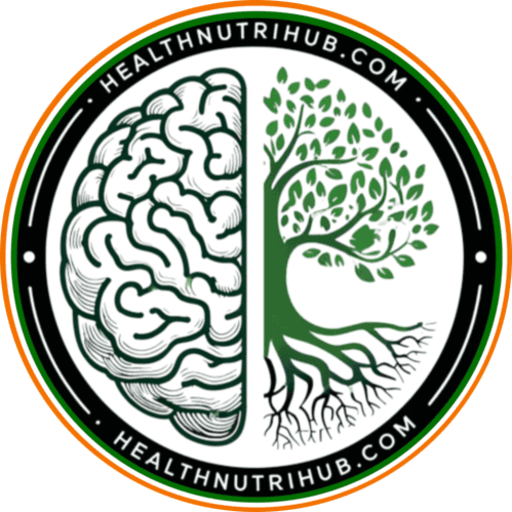
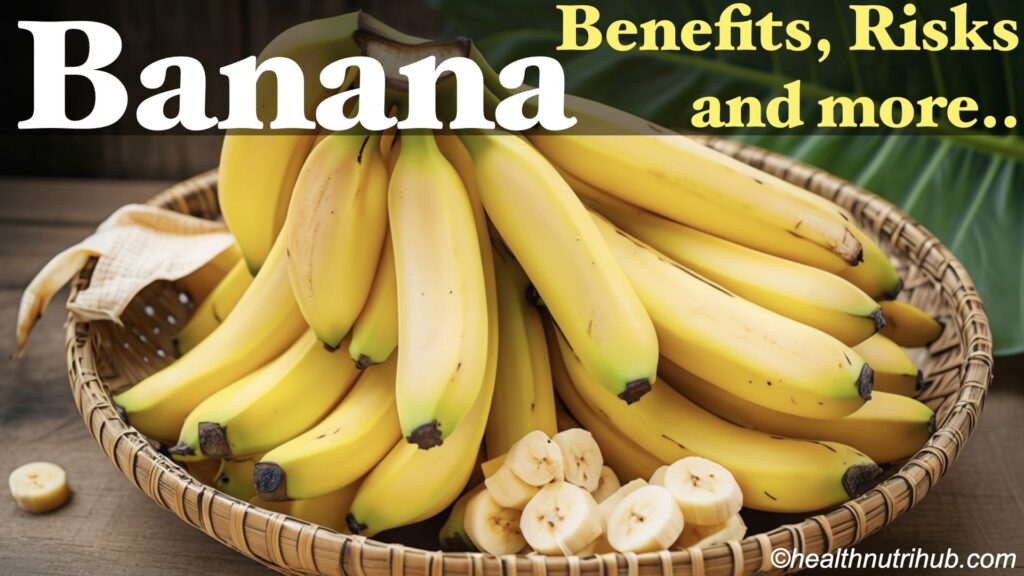
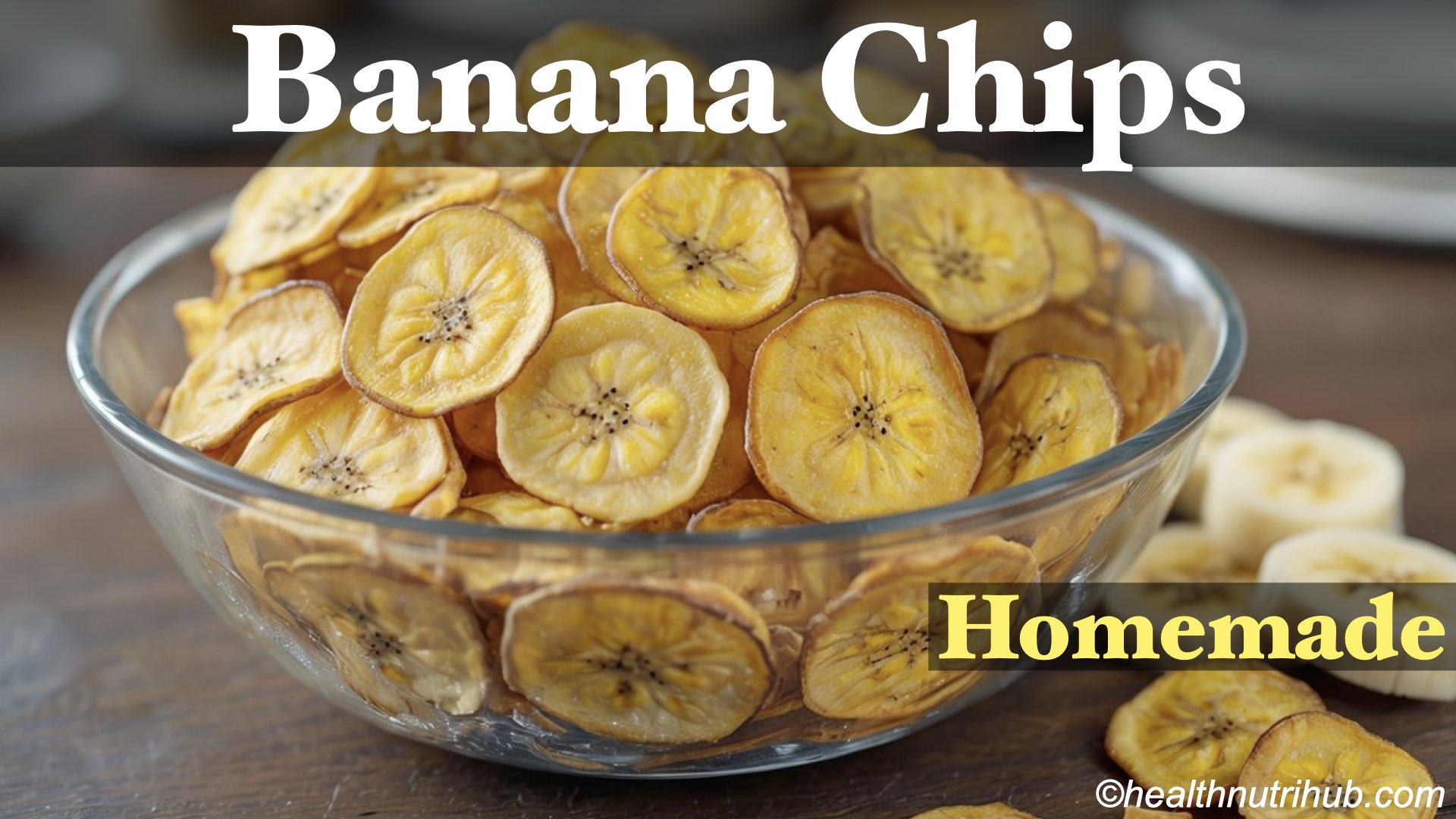
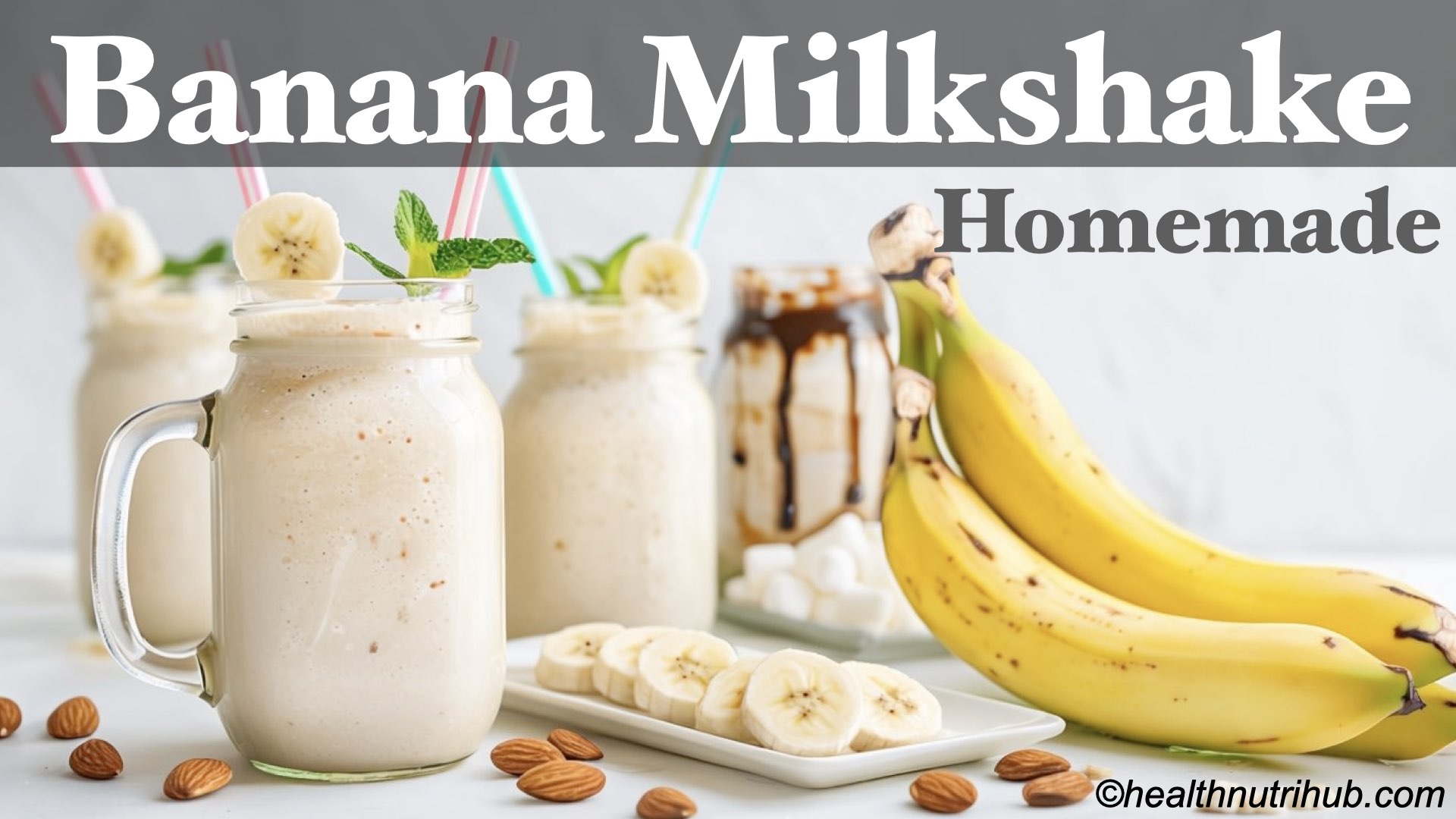
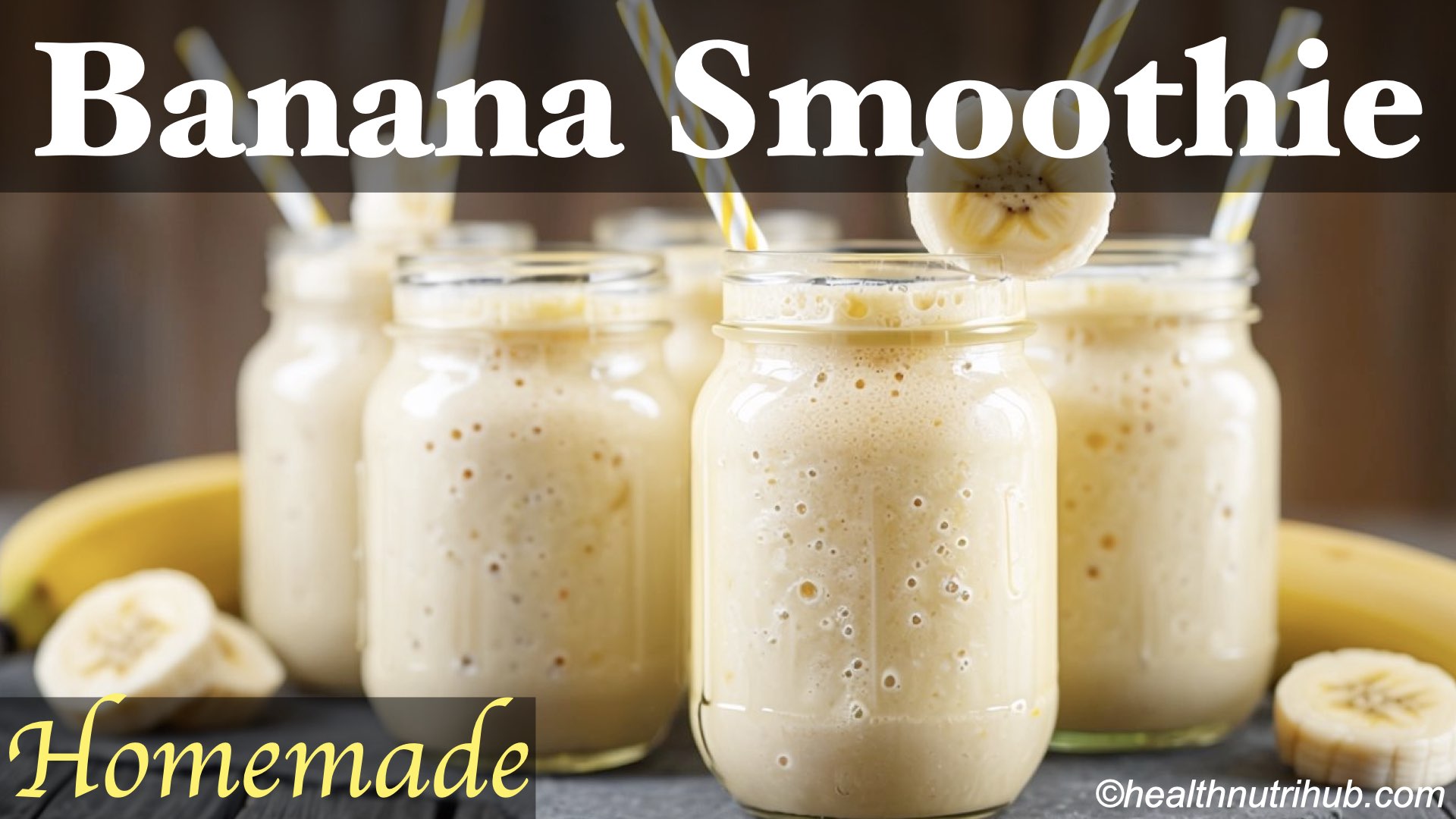
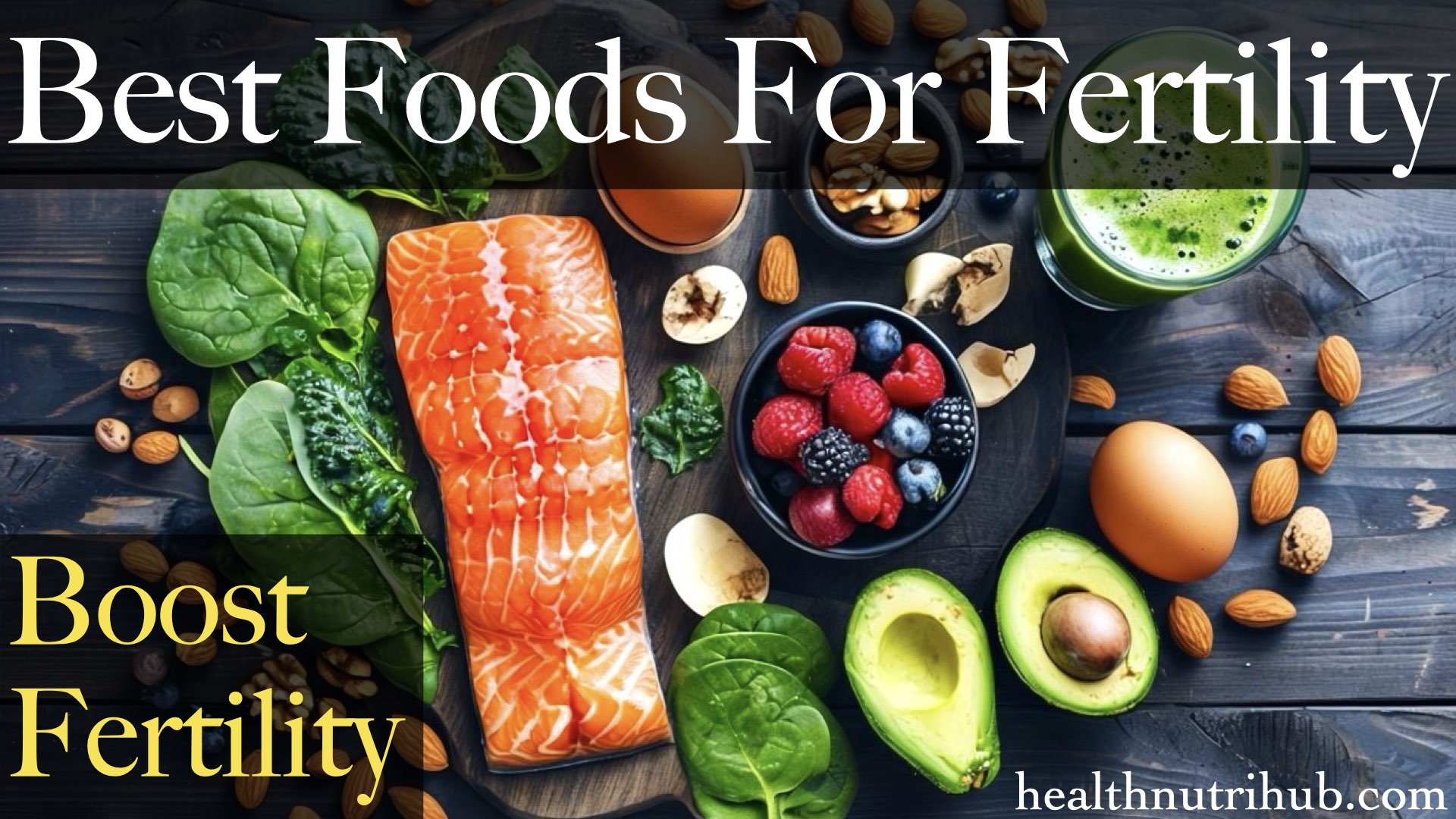
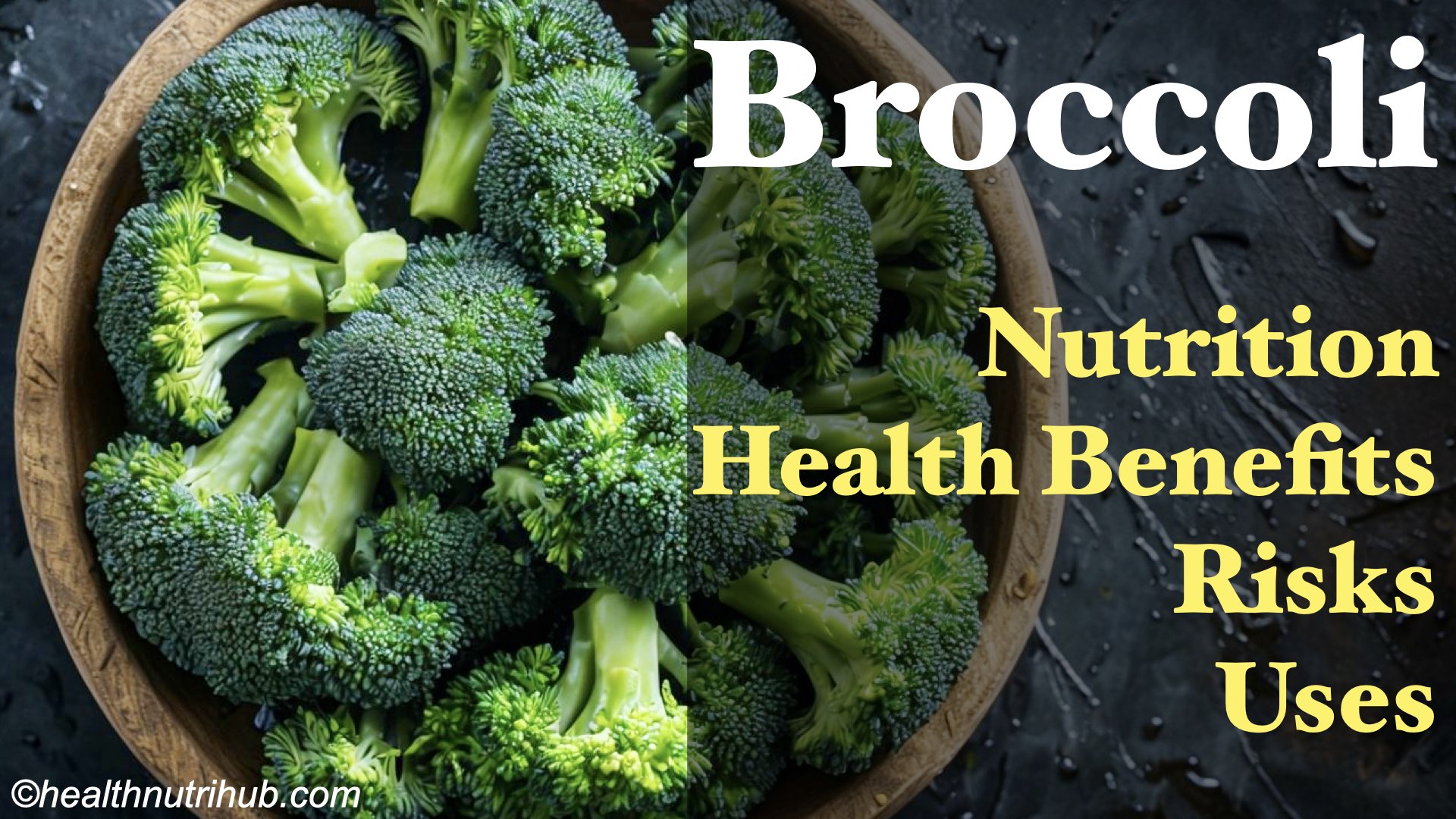

Pingback: Morning Routine: Top 21 Steps for a Productive Day
Pingback: Banana Smoothie Recipe - Easy Smoothie in 5 mins
Pingback: Banana Pudding Recipe - Easy Homemade Dessert
Pingback: Banana Milkshake Recipe - Easy Homemade in 5 mins
Pingback: Banana Chips - Easy Homemade Snack in 15 mins
Pingback: Banana Bread Recipe - Easy Treat in 15 mins
Pingback: Banana Cake Recipe - Easy Homemade Cake (15 mins)
Pingback: Banana Pancakes Recipe - Easy Homemade Pancakes